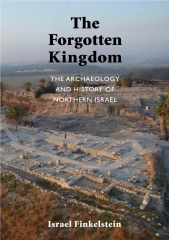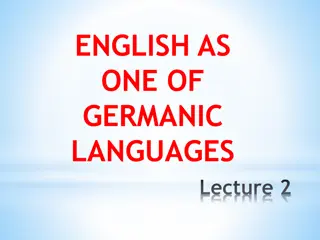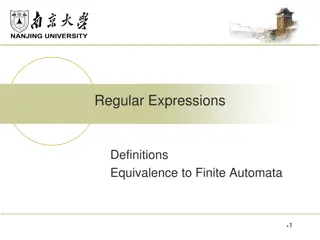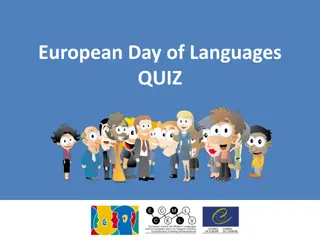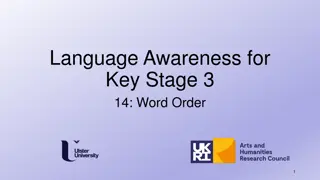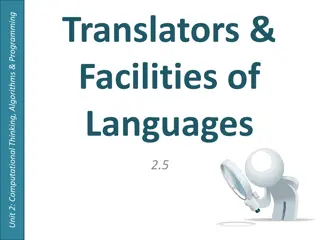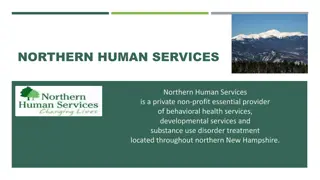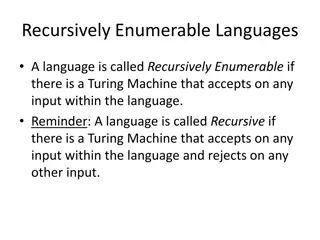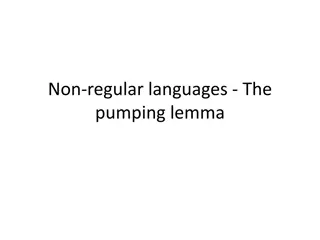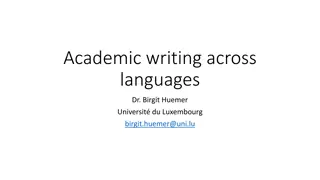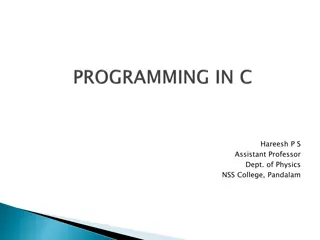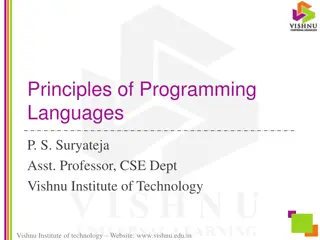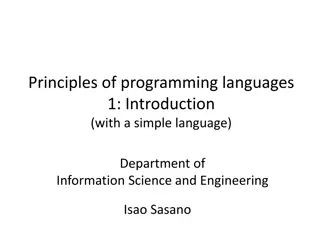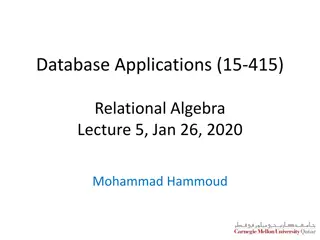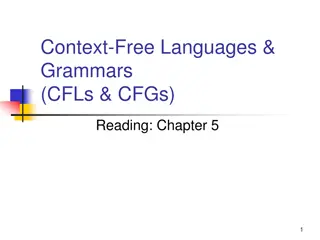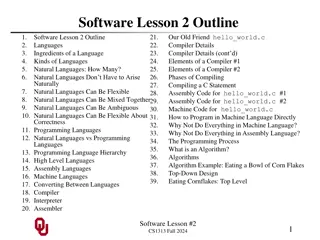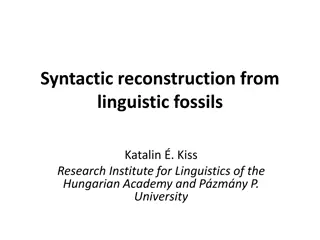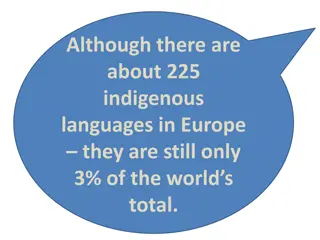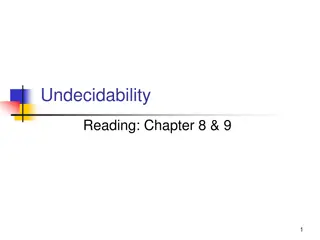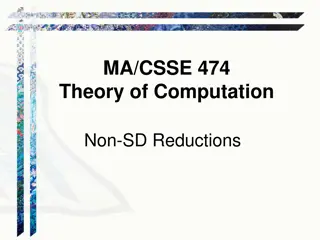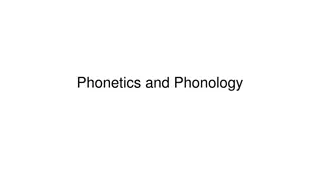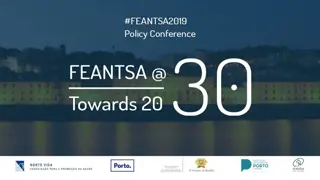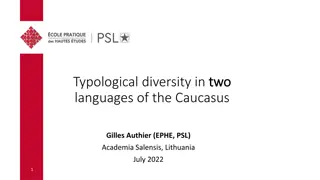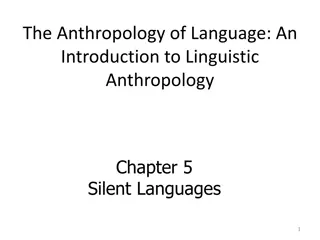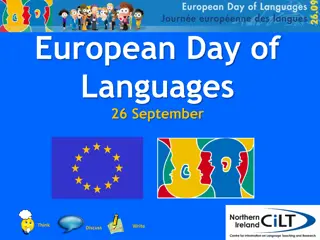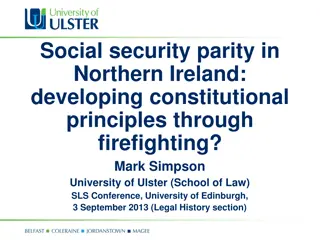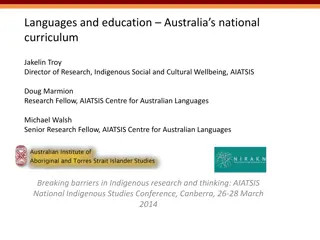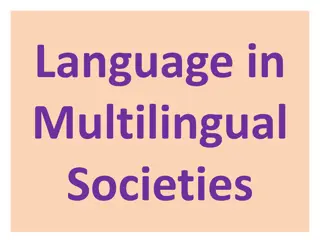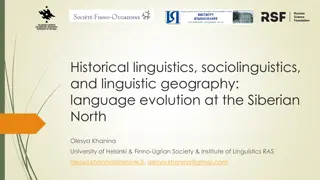Garage Door Services and Repair in Northern VA
We Fix Doors stands out as a reliable and customer-focused provider of garage door services and repair Northern Va. With a team of skilled professionals, a commitment to proactive maintenance, and a dedication to customer satisfaction, the company has become a trusted partner for homeowners in the r
1 views • 2 slides
Northern Powergrid Engaging Distribution System Operators in your Local Area Energy Plan
Northern Powergrid, responsible for electricity distribution in the North East, Yorkshire, and Northern Lincolnshire, plays a vital role in moving electricity to homes and businesses. Engaging with stakeholders, they plan for a net zero society in their new business plan period. Through their DSO un
0 views • 11 slides
PDF/READ❤ The Forgotten Kingdom: The Archaeology and History of Northern Israel
\"COPY LINK HERE ; https:\/\/getpdf.readbooks.link\/1589839102\n\n[PDF READ ONLINE] The Forgotten Kingdom: The Archaeology and History of Northern Israel (Ancient Near East Monographs) | The Forgotten Kingdom: The Archaeology and History of Northern Israel (Ancient Near East Monographs)\n\"\n
14 views • 6 slides
Chasing the Northern Lights: Rovaniemi Aurora Tour by ToTheNorth
Rovaniemi, the heart of Lapland, stands as a beacon for the people who seek the dance of the Northern lights. Want to witness these amazing Northern lights? ToTheNorth with its expert guided tours, invites you to a mesmerizing Aurora Tour in Rovaniemi.\n\n
1 views • 4 slides
Stakeholder Engagement in Northern Colorado Water
Explore stakeholder engagement, collaboration, and water management in Northern Colorado, focusing on the Cache la Poudre watershed. Discover the various uses of the watershed, key groups involved in its preservation, and ongoing projects like the Northern Integrated Supply Project. Join the convers
0 views • 14 slides
Exploring Germanic Tribes and Languages in History
Delve into the ancient Germanic tribes and languages, their territories, movements during the Migration Period, surviving languages, writing systems, and encounters with prominent historical figures like Roman generals. Learn about the earliest mentions of Germans by Greek travelers and astronomers,
3 views • 35 slides
Introduction to Regular Expressions and Equivalence to Finite Automata
Regular expressions (REs) are used to describe languages by algebra and are equivalent to finite automata. They define regular languages precisely using operations like union, concatenation, and Kleene star. The concatenation of languages combines strings from two languages, while the Kleene star re
9 views • 106 slides
European Day of Languages QUIZ
Explore interesting facts about languages in the world through a quiz. Discover the number of living languages, the origins of written language, official languages like Azeri, and the history of sign languages. Test your knowledge on the European Day of Languages!
6 views • 24 slides
Understanding Word Order in Different Languages
Explore the fascinating world of word order in languages. Discover how different languages arrange words in various ways, such as Subject-Verb-Object (SVO), Subject-Object-Verb (SOV), and more. Delve into the diversity of word orders for subjects, objects, and verbs, and uncover how language structu
2 views • 31 slides
Understanding Programming Languages and Translators in Computational Thinking
Programming languages are categorized into generations, from low-level machine code to high-level languages. Translators like assemblers, compilers, and interpreters help convert code for computer execution. Each generation has its characteristics and purposes, affecting ease of programming, debuggi
1 views • 18 slides
Northern Human Services Overview
Northern Human Services is a leading non-profit provider of behavioral health, developmental services, and substance use disorder treatment in northern New Hampshire. With a strong focus on quality care, the organization serves over 4600 individuals annually and employs over 660 people, making it a
0 views • 6 slides
Understanding Recursive vs Recursively Enumerable Languages
Comparison between recursive and recursively enumerable languages in terms of Turing Machines acceptance, decidable languages, recognizable languages, and partial predicates. Explains the concepts with examples and how Turing Machines decide membership in languages.
0 views • 8 slides
Understanding Non-Regular Languages and the Pumping Lemma
Dive into the world of regular and non-regular languages, exploring the concept of the pumping lemma. Learn about different types of non-regular languages and why some languages require an infinite number of states to be represented by a finite automaton. Find out why mathematical proofs are essenti
0 views • 62 slides
Understanding Academic Writing Across Languages: Challenges and Solutions
Explore the historical development of languages in academia and science, equivalence issues, written academic genres, evolution from Latin to national academic languages, and the importance of a common language in academia. Dive into the specialized text structures, syntax, idiomatic phrases, and pr
0 views • 29 slides
Overview of Grammar Types and Chomsky Hierarchy
The four types of grammars are General, Context-Sensitive, Context-Free, and Linear grammars, each recognizing a specific set of languages. Chomsky Hierarchy categorizes these grammars into four levels, indicating subsets of languages they can recognize. Context-free grammars have specific productio
0 views • 17 slides
Understanding Formal Semantics of Programming Languages: From Lambda Calculus to Separation Logic
Explore the foundational concepts of formal semantics in programming languages, covering Lambda Calculus, Untyped and Simply-typed languages, Imperative languages, Operational and Hoare logics, as well as Separation logic. Delve into syntax, reduction rules, typing rules, and operational semantics i
7 views • 14 slides
Understanding Programming Languages: Levels and Basics
Programming languages facilitate communication between humans and computers, with machine language being the fundamental binary code understood by computers. Different levels of programming languages exist, from low-level machine language to high-level languages like C. Natural languages are meant f
0 views • 35 slides
Principles of Programming Languages at Vishnu Institute of Technology
Introduction to Principles of Programming Languages course including prerequisites, objectives, outcomes, and syllabus at Vishnu Institute of Technology. The course covers key concepts, popular programming paradigms and languages, practical knowledge in lexical analysis and parsing, as well as writi
0 views • 43 slides
The Currency of Love: Importance of Communication and the 5 Languages of Love
Understanding the essence of love lies in effective communication and expressing love through the five languages - Words, Gifts, Actions, Time, and Physical Touching. Communication is depicted as the currency of love, essential for deepening bonds between partners. Gary Chapman's concept of the 5 La
4 views • 33 slides
Principles of Programming Languages: Introduction and Machine Language Overview
This material covers the basics of programming languages, including an introduction to a simple language, evaluation methods, and contact information for the instructor. It explains machine language, the native language of computers, and the transition to high-level programming languages. The benefi
0 views • 24 slides
Understanding Relational Query Languages in Database Applications
In this lecture, Mohammad Hammoud discusses the importance of relational query languages (QLs) in manipulating and retrieving data in databases. He covers the strong formal foundation of QLs, their distinction from programming languages, and their effectiveness for accessing large datasets. The sess
0 views • 39 slides
Understanding Context-Free Languages and Grammars
Context-Free Languages and Grammars (CFLs & CFGs) are essential in theoretical computer science, providing a framework for recognizing non-regular languages. This content explores the distinction between regular and context-free languages, delves into the construction of language recognizers using c
0 views • 40 slides
Understanding Access to Healthcare in Northern Ireland
Access to healthcare services in Northern Ireland is crucial for the well-being of residents and eligible visitors. Family Practitioner Services play a significant role in providing advice, training, and verification for entitlement to publicly funded healthcare. The main legislation, including the
0 views • 19 slides
Understanding Languages in Software Development
Exploring the fundamentals of languages in software development, this content covers natural languages, programming languages, and the components of a language like symbols, grammar, and semantics. It delves into the differences between natural and programming languages, highlighting the essential r
0 views • 39 slides
Syntactic Reconstruction from Linguistic Fossils in Uralic Languages
Linguistic fossils provide valuable insights for syntactic reconstruction in Uralic languages like Hungarian, Eastern Khanty, and Samoyedic. Through a case study, constraints on topical objects and grammatical systems are examined using linguistic fragments.
0 views • 34 slides
The Diversity of European Languages
Europe is home to a rich tapestry of languages, with over 225 indigenous languages spoken, making up only 3% of the world's total. Bilingualism is celebrated for its benefits, facilitating communication, enhancing cognitive abilities, and fostering cultural connections. Despite many languages having
0 views • 14 slides
Understanding Recursive and Recursively Enumerable Languages
Exploring the concepts of decidability and undecidability in computer science, specifically focusing on Recursive and Recursively Enumerable (RE) languages. Recursive languages always halt, while RE languages may or may not halt, showcasing the differences between decidable and undecidable problems.
0 views • 35 slides
Understanding Non-SD Languages in Theory of Computation
Explore the concept of Non-SD languages in the theory of computation, which are larger in number compared to SD languages. Non-SD languages involve infinite search or analyzing whether a Turing Machine will loop indefinitely. Discover examples and insights into proving languages are not SD through c
0 views • 38 slides
Understanding Phonology: The Study of Speech Sounds in Language
Phonology is a branch of linguistics that focuses on the organization and usage of speech sounds in natural languages, with phonemes being the smallest units of sound that carry meaning. This field explores the sound structure of languages, highlighting the variety of phonemes present across differe
0 views • 19 slides
Extending Multilingual BERT to Low-Resource Languages
This study focuses on extending Multilingual BERT to low-resource languages through cross-lingual zero-shot transfer. It addresses the challenges of limited annotations and the absence of language models for low-resource languages. By proposing methods for knowledge transfer and vocabulary accommoda
0 views • 21 slides
Comparative Study on Mongolic and Tungusic Languages
Explore the fascinating linguistics of Mongolic and Tungusic languages, delving into their historical sources, internal reconstruction, morphology, syntax, and class markers. Discover the parallels and differences between these language families, analyzing aspects such as sound systems, lexicon, and
0 views • 16 slides
Exploring Computer Programming Principles
Dive into the world of computer programming, covering high-level and machine languages, compilers, interpreters, writing programs, top-down design, and the array of programming languages available. Understand the essentials of building code to control computers, the diversity of programming language
0 views • 23 slides
Support Services for Homeless Individuals with Substance Abuse in Northern Portugal
The spotlight in Northern Portugal is on homeless individuals facing substance abuse issues, particularly alcohol and drugs. The Health Service Network in Northern Portugal offers various levels of care, including mental health services, emergency rooms, and integrated response centers. The system i
0 views • 12 slides
Typological Diversity in Azeri and East Caucasian Languages of the Caucasus
Examining the typological diversity in Azeri and East Caucasian languages of the Caucasus, this study by Gilles Authier focuses on the mutual unintelligibility of 30-40 East Caucasian languages, classified into 7-8 subgroups like Nakh, Avar, Lak, Budugh, and Lezgic. The research sheds light on the l
0 views • 79 slides
Exploring Silent Languages: Sign Language, Body Language, and Nonverbal Communication
Delve into the world of silent languages through an introduction to linguistic anthropology in Chapter 5. Explore the transmission of messages without spoken words, the intricacies of sign languages, gestures, body language, and nonverbal communication. Discover the unique syntax and complexity of s
0 views • 20 slides
Celebrating European Day of Languages on September 26th
European Day of Languages (EDL) is celebrated annually on September 26th to honor the linguistic diversity of Europe. Since 2001, this day focuses on the importance of language competence and lifelong learning. People worldwide organize events to promote language learning, engage in discussions, and
0 views • 16 slides
Social Security Parity in Northern Ireland: Constitutional Principles and Devolution
Exploring the development of constitutional principles in Northern Ireland through the lens of social security parity, touching upon historical perspectives, devolution settlement, the parity principle's significance, and consultations between the Secretary of State and Northern Ireland Minister. Th
0 views • 14 slides
Preserving Australian Indigenous Languages in Education
The development of the Framework for Aboriginal Languages and Torres Strait Islander Languages in the Australian Curriculum aims to give equal representation to Australian languages alongside other world languages in schools. This initiative helps preserve, document, and maintain indigenous language
0 views • 28 slides
Language in Multilingual Societies: Embracing Diversity
In multilingual societies, people navigate daily life using multiple languages for various purposes. From home to work to prayer, different languages play a crucial role in communication and social organization. The interaction of speakers of multiple languages in such environments can lead to langu
0 views • 22 slides
Evolution of Northern Samoyedic Languages in Siberian North
Olesya Khanina's research aims to reconstruct the evolution details of Northern Samoyedic languages in the region of the Lower Yenisei over 2000 years. The study includes Proto-Samoyedic, Northern Samoyedic, Selkup, Kamas, Mator, Nenets, Enets, and Nganasan languages within a broader framework of ge
1 views • 10 slides


